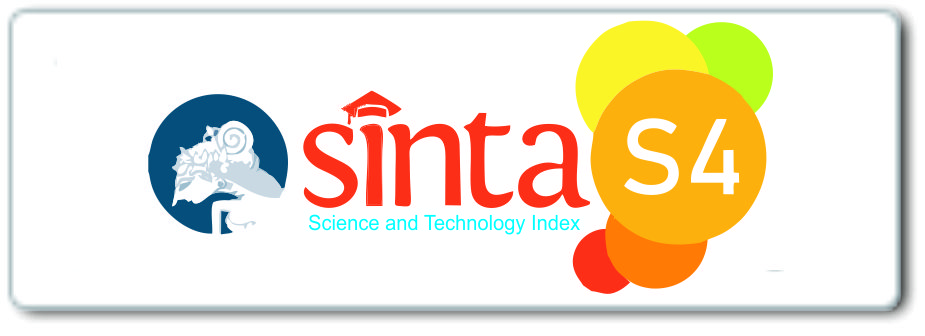The WIDER GAP BETWEEN IFRS 9, 15, AND 16 WITH THE TAX RULES: CHALLENGES FOR MANAGEMENT ACCOUNTANTS IN INDONESIA
DOI:
https://doi.org/10.35814/inquisitive.v1i2.2319Keywords:
International Financial Reporting Standard, IFRS 9, IFRS 15, IFRS 16Abstract
Three accounting standards was effectively valid in Indonesia on January 1, 2020. These are financial accounting standard IFRS 9, 15, and 16 or PSAK 71, 72, and 73. PSAK 71 or IFRS 9 is about financial instruments, PSAK 72 or IFRS 15 is about revenue from contract with customer, and PSAK 73 or IFSR 16 is about leases. There are some significant changes of these standards due to it replacing many standards previously. These standards adopted International Financial Reporting Standard (IFRS) that has principle basis. Principle basis is different with ruled basis whereas tax authorization uses ruled basis. The gap between accounting standards and taxation is wider currently. These differences is challenging for management accountant. Management accountant should accommodate this gap by more understanding about the differences and spreading the information for both internal and external. Literature basis is used for this research, we don’t use the real data from companies and it becomes the limitation of this research. Grounded method is used for data analysis. The result of this research that there are significant differences between IFRS 9, 15, and 16 with tax regulation.













